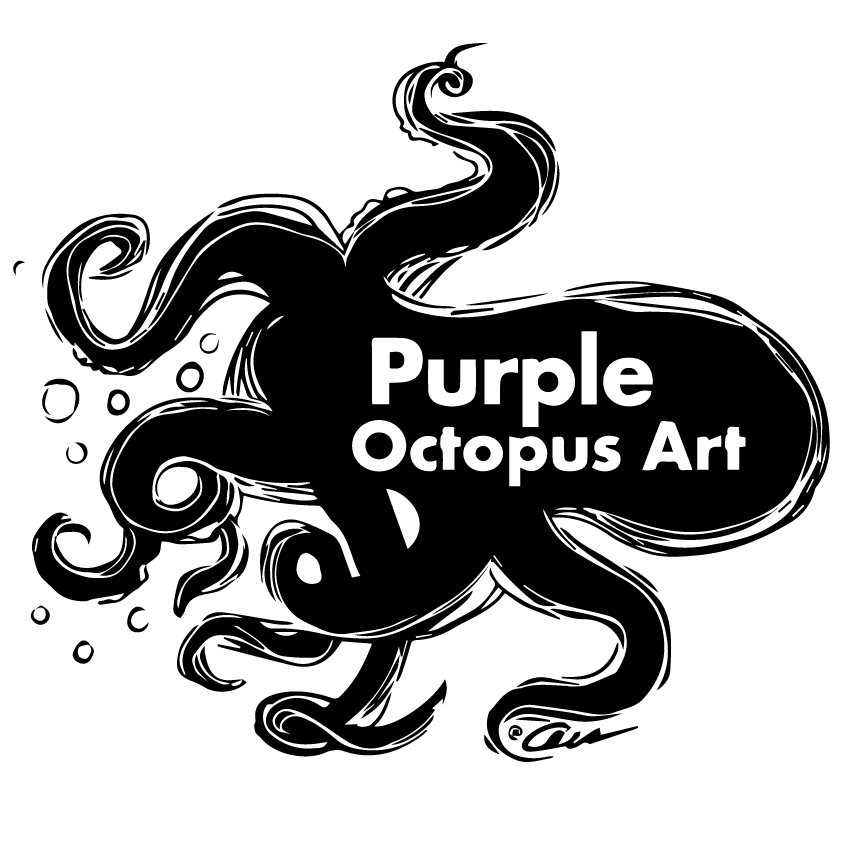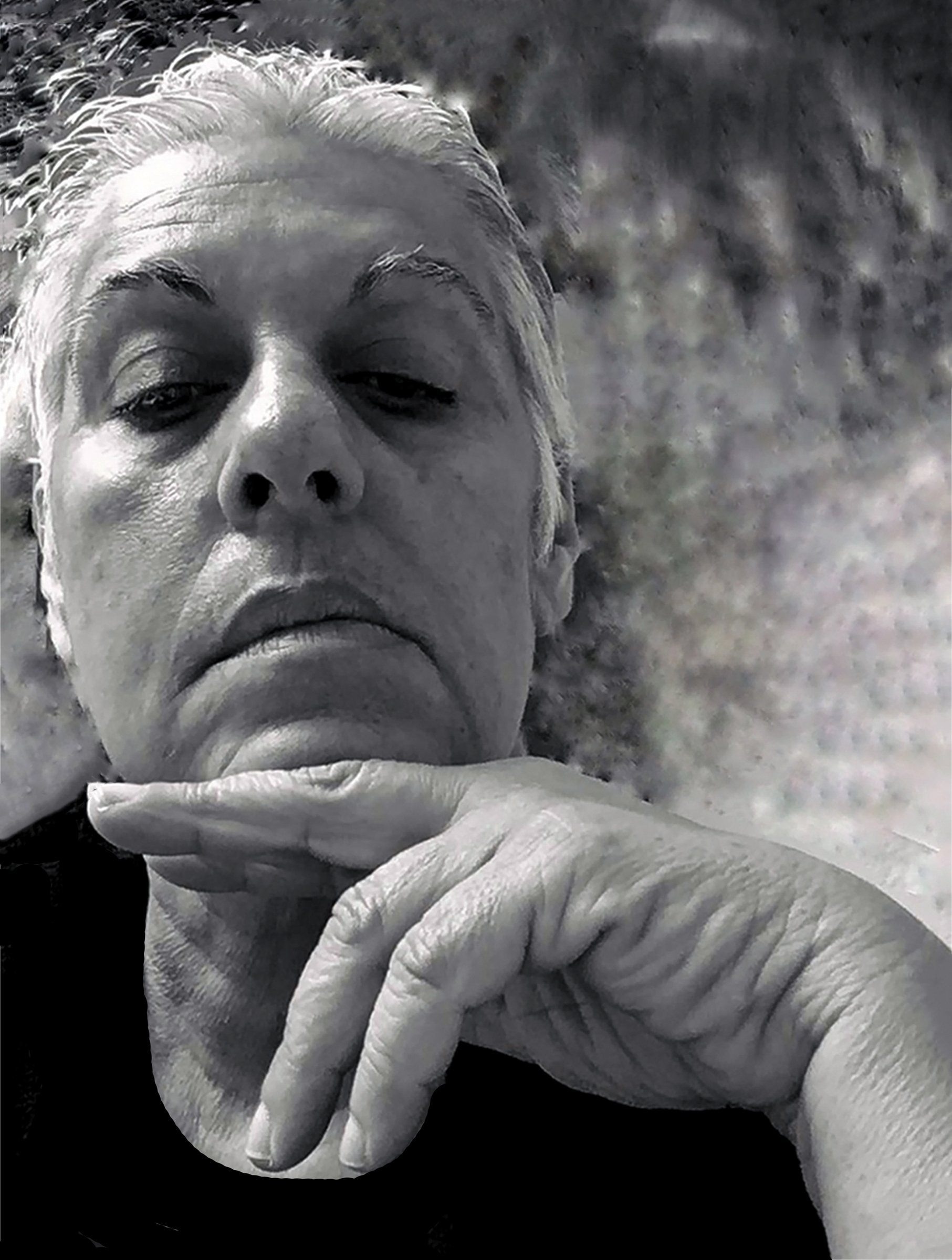A Lump in My Breast
Ileana Collazo
I remember the day my husband said: "I feel a lump above your left nipple; we need to go to the doctor to check it out." He took my hand and placed it on the spot. I felt the lump with a spontaneous sense of dread which transformed into full-blown panic.
I was a 20-year old 1960's flower child married for 16 months and five months pregnant with our first child. I was too young to die from breast cancer.
When he suggested that I pick up the receiver and dial the doctor's number, I could only dial my mother. I needed her magic to calm my nerves and make me feel better. She would tell me everything would be all right; I would give birth to a beautiful, healthy baby and live a long, happy life with my newly formed family.
Hearing her soothing voice telling me to "hang up and call the doctor" gave me the umph I needed and so I scheduled the doctor appointment for the next day at noon.
The waiting room was full of pregnant women. I wondered if any of them were sitting there waiting for the same reason I was. But it did not seem likely, because their husbands did not accompany them, and they did not have my panicked look on their faces that I felt in my heart.
I felt a sense of doom hovering over my baby and me. If I had cancer, would I die from it before the baby was born or shortly after? Would my young husband be able to take on the responsibility of bringing up a child? Would he re-marry and have my baby become a stepchild and sibling who may or may not be adequately integrated into the new family unit?
I could ask my parents to care for my child, but that would not be fair to the child or my husband. If I survived and had my breast removed, that would change how I introduce my child to the world because I may not be able to breastfeed. So many unanswered questions. I was too afraid to ask. Of course, these questions were irrelevant until I was diagnosed. But they haunted and taunted me as I sat in that "too-sterile waiting room" holding my husband’s hand. I could tell he was as frightened as I was, but neither of us wanted to vocalize our fears and make them seem more real.
I was afraid for myself and terrified about my unborn baby’s future, but I was also heartbroken for my soulmate sitting next to me, who was so full of dreams and hopes for our future together. I did not want to break his heart.
After an agonizing wait, the nurse ushered us into the examination room, where the doctor confirmed a lump in my breast about the size of a large marble. Because of the pregnancy, he wanted to wait out the four months, allow me to give birth and recover, and perform the surgery to remove it 30 days after the baby was born. I held my husband's hand, waiting for him to ask the doctor for a less torturous option, but he looked at me with the saddest look in his eyes, and I knew this would be as good as it got for now.
Doctors back then were not as prone to explain their reasoning; and without today’s plethora of available information a patient can access via the internet, we did not know what questions to ask about why exploratory tests were not recommended until after I gave birth.
During my last months of pregnancy, there were times when panic caught me completely off-guard, and I would freeze on the spot. At other times I almost forgot and focused on daily life and my child's arrival. My husband seemed composed enough. As twenty-one-year-old newlyweds expecting their first child, we were a bit shell-shocked about so many changes in our lives, so we teetered between happiness, expectation, dread, and hope, as anyone in our situation would have.
January 31, 1975, with my husband by my side, I gave birth to our daughter via natural delivery after 5 hours of labor. As my breasts became engorged and my milk curdled as I couldn't breastfeed my baby. I switched to formula, learned how to pin cloth diapers as my daughter was allergic to disposable ones. My daily focus was our baby.
Before we knew it, thirty days had passed. Hoping for naught that the lump had somehow disappeared, it was time for me to have the surgery. The lump I feared was there waiting for the scalpel to cut it out of my body so science could uncover its secret: benign or malignant.
The day before they admitted me to the hospital, there was a "meeting of the crones," during which they decided that they were going to take over the baby's care until I fully recovered. They were unaware that my husband had already requested vacation time and was fully prepared to take over my duties and handle my post-op recovery. His mother had a baby when he was fifteen, and he knew much more about caring for newborns than I did. After a short-lived power struggle, he won and got the job.
I don't quite remember who cared for the baby on the day of the surgery, but my husband and mother were by my side until I entered the operating room. I still remember starting to count backward and fighting to stay awake because the doctor was about to mark a cross on the wrong breast. They kept telling me to stay calm, but they finally listened, and the last thing I saw was the look on the doctor's face when he realized that he almost made a huge mistake.
When I woke up in the recovery room, I immediately felt my left breast to assess whether it was still there because I signed permission to remove it if necessary. All I felt was gauze; I could not tell whether my breast was still there. I called the nurse, but she told me that she did not have permission to give me that information; I asked for my husband and mother, and the nurse said they were not in the immediate waiting room and that I needed to wait for the doctor to come and speak with me.
I am unsure if it took forever or just felt that way. Still, by the time the doctor finally stood bedside and held my hand, I had worked myself through fear, despair, acceptance, and a great sense of loss for how my life would change after a possible cancer diagnosis at such a young age. A few minutes passed before his words sank in: "It was benign; we took it out and sent it to the lab for testing as a precaution, but it was benign." At that moment, I truly felt the brunt of the fragility of all of life, the uncertainty of each successive moment, and a deep sense of relief and gratefulness for this opportunity to go on with our new life.
Even though I felt a wave of joyful relief wash over me, part of being young is not necessarily having profound epiphanies after receiving the type of news that takes away such dread, but picking up where you left off and leaving the bad experiences behind.
A little while after, my husband and mother waltzed in all smiles, the doctor had told them the news right after the operation, and they decided to go to the cafeteria for a celebratory lunch. I looked them square in the eye and was about to tell them what I thought about them, leaving me to wonder while they basked in the good news, but I just extended my hands, and they took them in theirs with tears in their eyes.
After three days in the hospital, I was finally back home.
I was lucky. Not only was the lump benign, my husband did a great job taking care of our baby and me. We were grateful to resume our routine.
But I could not help but mourn for all those other women who were not as lucky as I was. Who returned home to an uncertain future, who spent years waiting to cross that line where remission is more a guarantee than a possibility.
I greatly admire the survivors who commit to living their lives rather than fretting about the possibility of dying. Who realize they are warriors who proudly wear the badges of courage they so well deserve.
I summon every woman to do what they can to help advance treatment and cure research, proper medical care, and an open heart for the sisters who walk the breast cancer path.
Ileana Collazo is a Miami-based Cuban/American Contemporary Artist, Poet & Journalist. She was born in Cuba, has lived in Spain and the Northeastern United States and currently lives in Miami. She has participated in solo and group exhibitions in England, France, Mexico, Portugal, Switzerland and the United States.
She is a passionate advocate and supporter for Breast Cancer Health, as her cousin is a survivor.

